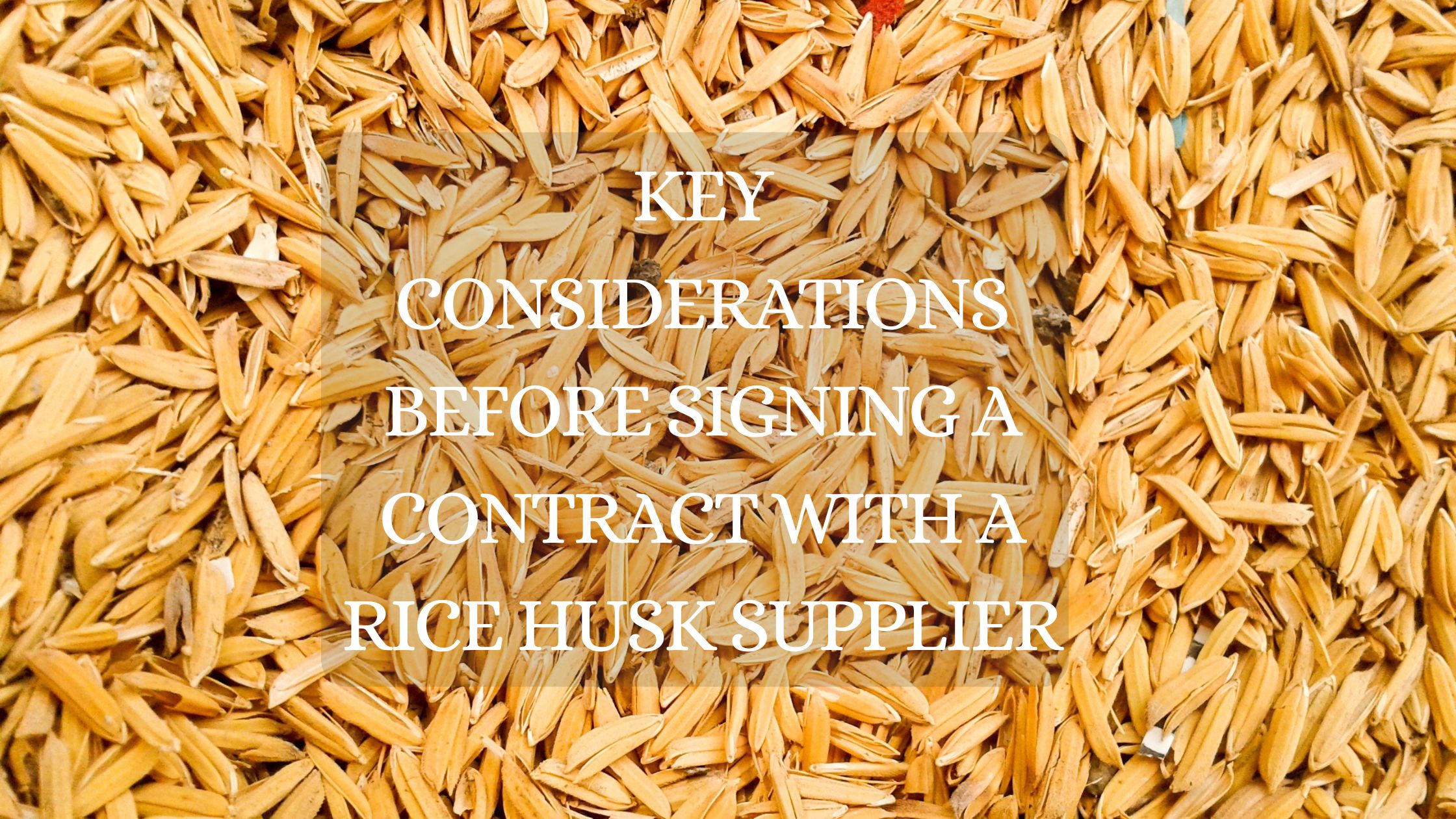Food waste is a growing concern globally, and the issue is particularly significant in regions with extreme climates like the UAE. High temperatures, humidity, and long distribution chains can cause food to spoil faster than expected. In this context, food packaging equipments in UAE have emerged as a game-changer. They not only streamline packaging processes but also enhance food preservation, helping reduce waste from farm to table.
Why Food Waste is a Serious Issue in the UAE
In the UAE, a large portion of the food supply is imported, and transporting it across long distances exposes it to a variety of risks. Spoilage during transit, mishandling, or inadequate packaging often results in significant food waste before items even reach consumers. Combine that with the hot, arid climate and you’ve got the perfect storm for food degradation.
Reducing waste isn’t just a matter of ethics—it’s also about economics and sustainability. Every item lost to spoilage is a drain on resources, money, and effort. That’s where modern packaging technology comes into play.
The Role of Advanced Packaging Technology
Automated and efficient food packaging equipment in the UAE has revolutionized how food products are handled. These systems are designed to seal, protect, and sometimes even sterilize food items to prolong shelf life and maintain freshness. The key technologies include:
- Vacuum sealing
- Modified Atmosphere Packaging (MAP)
- Shrinkwrapping and thermoforming
- Smart packaging with sensors
Each of these techniques plays a role in protecting food from oxygen, moisture, light, and bacterial contamination—primary factors that contribute to spoilage.
Extending Shelf Life Through Automation
One of the most effective ways food packaging equipment helps reduce waste is by extending the shelf life of perishable items. For instance, MAP technology replaces the air inside a package with a protective gas mix, slowing down microbial growth and oxidation.
Vacuum packaging removes air entirely from the packaging environment, which is especially useful for meats, dairy products, and ready-to-eat meals. When done using automated systems, this process becomes faster and more reliable, reducing human error and ensuring consistency.
Reducing Human Contact and Contamination
Hygiene is another area where automation plays a critical role. Automated packaging lines reduce the number of times a food item is handled, thereby minimizing the chances of contamination. This is especially important in a post-pandemic world where health and safety standards have become more stringent.
By using modern food packaging equipment, businesses in the UAE can ensure that food products are handled in a sterile environment, helping them meet regulatory requirements and reduce spoilage due to microbial contamination.
Combatting Climate Challenges
The UAE’s harsh weather can make food storage and preservation challenging. Exposure to heat during transit or poor insulation can accelerate the deterioration of food. Packaging equipment helps combat this by using insulation-friendly materials and airtight seals to create a protective barrier against external elements.
Additionally, smart packaging solutions equipped with temperature sensors allow distributors and retailers to monitor food conditions in real-time. This proactive approach ensures immediate action if a product’s temperature exceeds safe thresholds, reducing potential losses.
Supporting Sustainability Goals
Reducing food waste aligns perfectly with the UAE’s national agenda for sustainability and environmental conservation. Modern packaging systems are not only efficient but often eco-friendly as well. Many of today’s packaging machines are compatible with biodegradable or recyclable materials, further reducing the carbon footprint associated with food distribution.
Businesses that invest in food packaging equipment in the UAE are not only ensuring the longevity of their products but also contributing to a more sustainable future by minimizing waste and maximizing resource efficiency.
Economic Benefits for Businesses
Minimizing food waste isn’t just good for the planet—it also makes strong business sense. Efficient packaging results in fewer returns, longer shelf life, and less inventory loss. These factors add up to major cost savings over time.
With less food thrown away due to spoilage or contamination, businesses in the food supply chain—from producers to retailers—can improve their bottom line and increase customer satisfaction by delivering fresh, high-quality products.
Conclusion
In a region where climate and supply chain complexity heighten the risk of spoilage, investing in the right packaging technology is not optional—it’s essential. Food packaging equipments in UAE are helping businesses lead the fight against food waste through automation, hygiene, and innovation. By embracing these solutions, companies can not only protect their products but also contribute meaningfully to environmental and economic sustainability.
Thanks, Techchrons.com


